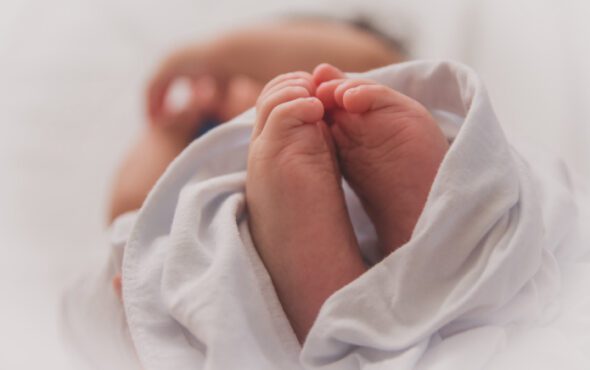
The Labour Party has announced plans to ensure that people living with HIV have equal access to fertility treatments.
Current legislation prevents many HIV-positive people from accessing the services they need in order to have children, as they remain banned from donating their eggs or sperm to someone who is not viewed as their partner by law – inadvertently ruling out the possibility of surrogacy.
However, heterosexual couples remain able to access fertility treatment regardless of HIV status if they are using their own gametes.
Medical treatment for the virus has come so far that most people living with it in the UK have undetectable levels of it and cannot pass it on.
In addition, babies cannot acquire HIV via fertility treatment or natural conception.
The UK’s leading sexual health charities, including the Terrence Higgins Trust and the National AIDS Trust, have therefore been calling for changes to this legislation for many years – with Labour now confirming its commitment to implementing them when it is next in power.
“There have been so many breakthroughs in HIV treatment and prevention, but the law is still yet to catch up with the science in a number of areas,” said Wes Streeting, the Shadow Health Secretary, in an exclusive video message for GAY TIMES on World AIDS Day.
“LGBT+ people living with HIV are still being denied the right to have their own children, even though heterosexual people with HIV are able to access fertility treatment.
“That’s why, this World AIDS Day, I’m excited to announce that the next Labour government will equalise access to fertility treatment for LGBT+ people living with HIV so that everyone has the chance to start their own family.”
In an exclusive video message for GAY TIMES on #WorldAIDSDay, @wesstreeting, the UK's Shadow Health Secretary, explains Labour's new plans to ensure that people living with HIV have equal access to fertility treatmentshttps://t.co/JVYvONXACk pic.twitter.com/187kJhnBeS
— GAY TIMES (@gaytimes) December 1, 2022
Labour is calling on the government to urgently review the legislation and bring it in line with the latest scientific evidence about HIV.
According to the most recent estimates, 106,890 people were believed to be living with HIV in the UK in 2019 – 5,150 of which were believed to be undiagnosed.
However, new diagnoses have been declining since their peak in 2005, with the government sharing its plan to reach zero new cases by 2030 on World AIDS Day in 2021.
The UK has one of the biggest decreases in new HIV diagnoses worldwide, with the government reporting a 35% reduction in new diagnoses in England between 2014 and 2019.
More than half of women living with the virus in the UK have experienced violence because of their HIV status, according to Terrence Higgins Trust.
Just three in 10 members of the British public say they would feel comfortable going on a date with someone who is HIV positive, with the vast majority saying that they would not have sexual intercourse with someone who is on effective treatment.



